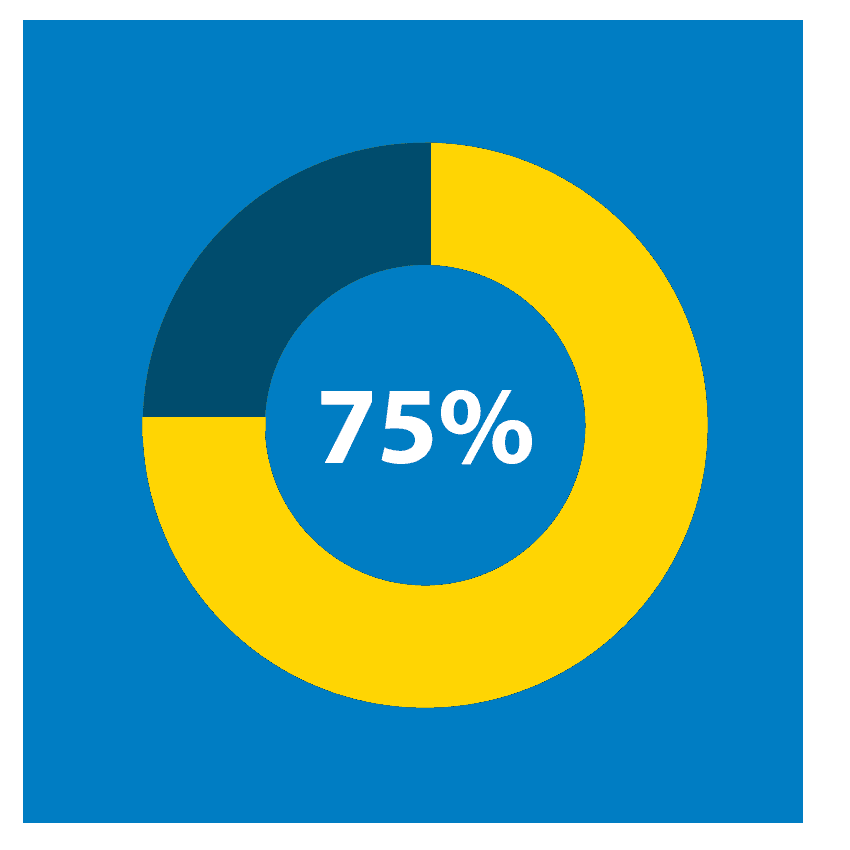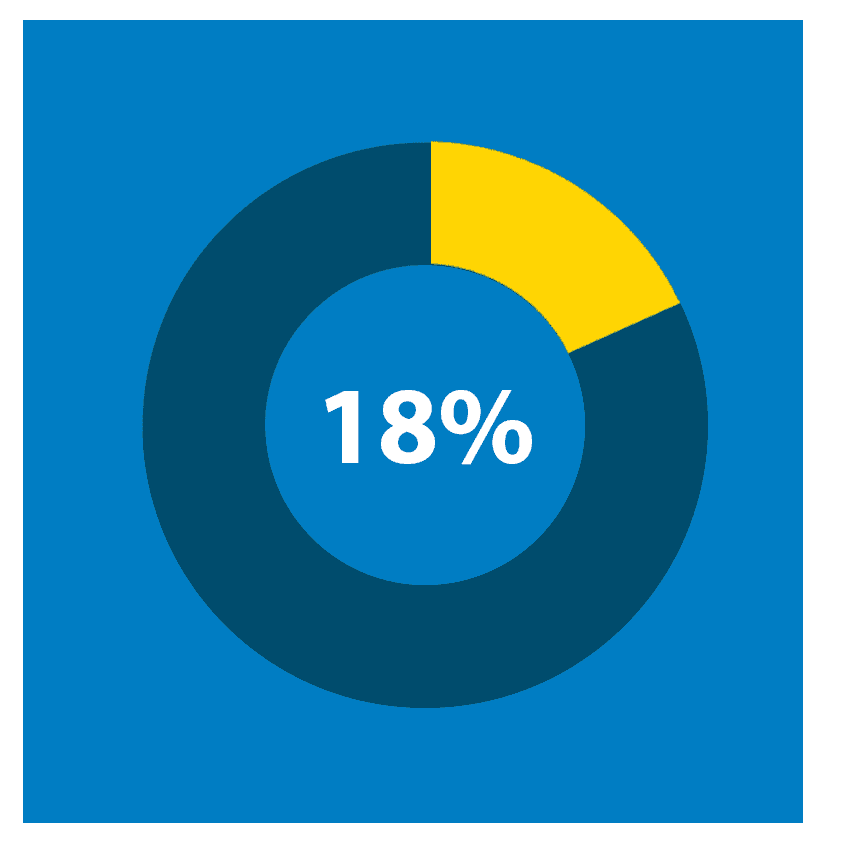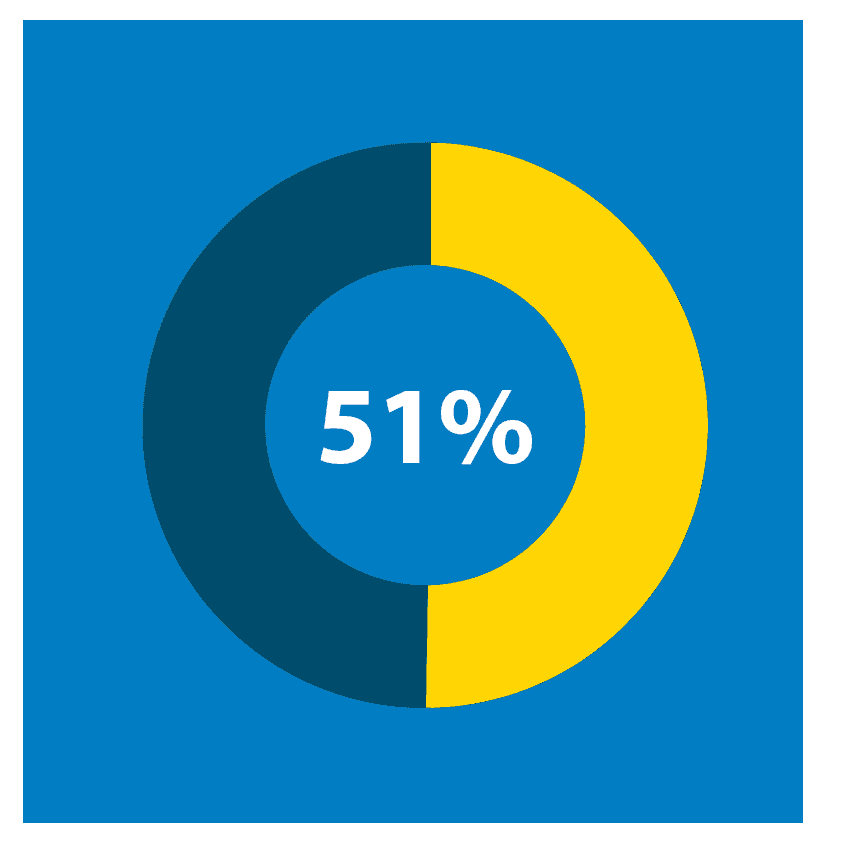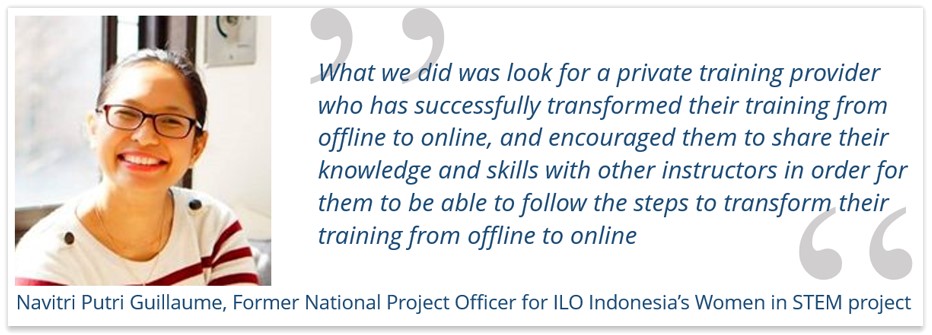
The UNESCO-UNEVOC International Centre: Who We Are | What We Do | Working With Us | Get in Touch
The UNEVOC Network: Learn About the Network | UNEVOC Network Directory
For Members: UNEVOC Centre Dashboard
Thematic Areas: Inclusion and Youth | Digital Transformation | Private Sector Engagement | SDGs and Greening TVET
Our Key Programmes & Projects: BILT: Bridging Innovation and Learning in TVET | Building TVET resilience | TVET Leadership Programme | WYSD: World Youth Skills Day
Past Activities: COVID-19 response | i-hubs project | TVET Global Forums | Virtual Conferences | YEM Knowledge Portal
Our Services & Resources: Publications | TVET Forum | TVET Country Profiles | TVETipedia Glossary | Innovative and Promising Practices | Toolkits for TVET Providers | Entrepreneurial Learning Guide
Events: Major TVET Events | UNEVOC Network News
The COVID-19 pandemic has revealed countries’ different levels of preparedness for the transition to fully remote training environments. While many countries were able to put in place measures to support TVET teachers and trainers in delivering remote training – generally by providing them with digital resources and online training, sometimes complemented by technical support and help desks – the level and type of support available to TVET teaching staff differed between low-income and high-income countries.
 75% of TVET providers in high-income countries were able to provide fully remote training |  18% of TVET providers in low-income countries were able to provide fully remote training. |  51% of TVET providers in Africa were unable to provide any form of online or offline training to students. |
The barriers that TVET teachers and trainers faced in acquiring relevant digital skills for delivering remote/hybrid training during the pandemic came from both the supply side (e.g. lack of TVET-specific distance learning tools and resources) and the demand side (e.g. teachers’/trainers’ lack of time or willingness to engage in training amid heavier workloads and higher training costs). Few low-income countries were able to mobilise additional human and financial resources needed to support distance learning. Further details on the barriers to TVET teachers’/trainers’ digital skills acquisition during the pandemic can be found by following the link titled Barriers to digital skills development.
The COVID-19 pandemic disrupted the planned activities of the ILO’s Women in STEM Workforce Readiness and Development Programme. The project’s objective had been to increase the participation of women in STEM (science, technology, engineering and/or mathematics) training and education to help them gain quality employment, especially in IT fields. However, once the pandemic hit, public TVET centres in Indonesia were unable to fulfil their role in training the women, since they lacked skills and experience in delivering online training, and face-to-face training activities were forbidden. Creativity on the part of the ILO project team led to a shift in focus from female students/workers to public TVET instructors and the development of an innovative and impactful online training programme involving private sector and government partners. The result was high-quality accredited training on the creation and delivery of online training being provided to 180 public TVET instructors from 28 of Indonesia’s 34 provinces.
ILO's women in STEM promising practice
